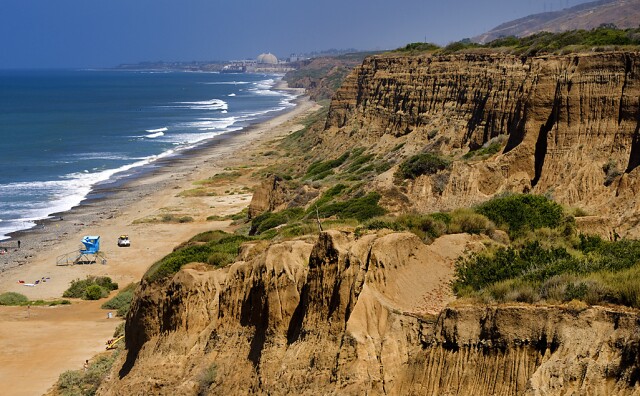Racism 101 Asked And Answered: Mugs, Cocktails And Statues -- Is Tiki A Form Of Cultural Appropriation?

-
We created Racism 101 to help our audience facilitate their own thought-provoking talks around race, with a conversation "starter kit," and extensive anti-racism resource guides to inform and educate. To field these questions, we assembled a panel of Angelenos willing to answer so folks didn't have to ask their friends, or even strangers.
We've solicited questions from our audience — awkward, tough-to-ask, even silly questions — that they've perhaps wanted to ask people unlike themselves, but have been too shy, embarrassed or afraid to ask.
WHAT'S ON YOUR MIND?
Q: In terms of appropriation, is tiki culture a problem?
Tiki culture has been a big part of SoCal life for decades, with few people questioning the cultural appropriation and colonialism that lies behind it. Started by two white men, one of whom spent some time in the Caribbean and Pacific Islands and came back with a fantasy to sell, tiki includes cherry-picked imagery and a sexualization of indigenous women that made for a much needed -- if wildly problematic -- escapism in post-war America. Its recent resurgence in craft cocktail culture has some questioning more publicly what place tiki has in society anymore.

The term "tiki" itself refers to both carved statues and the first man in M�?ori creation stories. Many indigenous peoples would like to reclaim the sacred term, pivoting to "tropical" instead. Groups like Pasifika Project have come out of this latest resurgence to raise awareness about "Oceania," their preferred term for the Pacific Islands, and to give indigenous peoples a voice in what has been a predominantly white movement. Their goal? To ask those who collect mugs and other tiki paraphernalia to think about the people who inhabit those islands -- how they're affected by climate change, how they've been affected by colonialism and the attempts to erase their culture. Their mission is help tiki enthusiasts who aren't part of the culture consider the ugly history that belies their sugary cocktail.
Mike, from our LAist newsroom, describes himself as mixed race. Born in Hawaii, he says that he identifies most closely with his maternal Native Hawaiian roots. Here's his take on tiki culture:
-
The severe lack of family friendly housing has millennial parents asking: Is leaving Southern California our only option?
-
As the March 5 primary draws closer, many of us have yet to vote and are looking for some help. We hope you start with our Voter Game Plan. Since we don't do recommendations, we've also put together a list of other popular voting guides.
-
The state's parks department is working with stakeholders, including the military, to rebuild the San Onofre road, but no timeline has been given.
-
Built in 1951, the glass-walled chapel is one of L.A.’s few national historic landmarks. This isn’t the first time it has been damaged by landslides.
-
The city passed a law against harassing renters in 2021. But tenant advocates say enforcement has been lacking.
-
After the luxury towers' developer did not respond to a request from the city to step in, the money will go to fence off the towers, provide security and remove graffiti on the towers.









